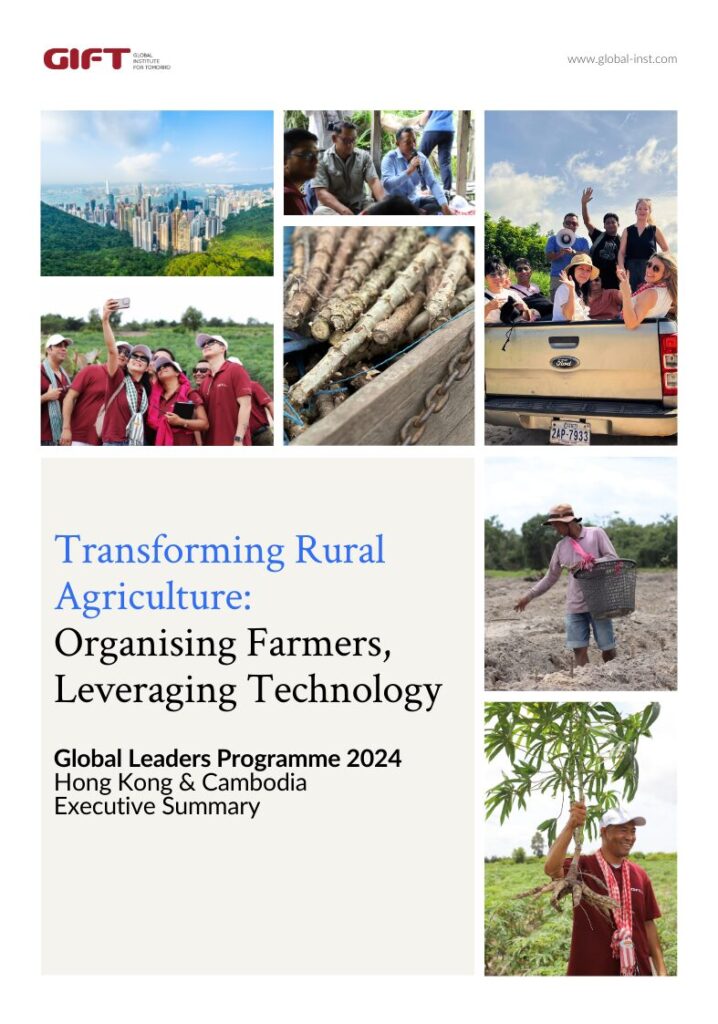In Cambodia’s agricultural sector, specifically cassava farming, the farmers face significant challenges.
Traditional farming practices yield lower outputs, and farmers lack access to modern technology and high-quality inputs like seeds and fertiliser.
Farmers are subject to volatile market prices without any safety net, making their incomes unpredictable and often unsustainable. A critical lack of post-harvest processing and storage facilities means crops can spoil, and farmers are forced to sell their raw produce immediately at lower prices. Farmers cannot afford to invest in improvements due to a lack of access to financing and modern equipment. Reliance on chemical inputs and a lack of knowledge on sustainable methods can degrade soil health and harm the environment.
The proposed solution entails creating a new venture, Soma Domnam, to bridge traditional farming and modern agri-tech through a comprehensive, multi-faceted approach. Key elements include:
- Formation of farmer cooperatives
Organising farmers into cooperatives to pool resources, increase bargaining power, and foster community development. - Equity stake for farmers
Granting the cooperatives a 30% equity stake in the company as “sweat equity,” giving them a direct share in the profits and a sense of ownership. - Access to technology and inputs:
- Subleasing modern farming equipment to cooperatives.
- Providing access to high-quality seeds and fertilisers.
- Building critical infrastructure
Establishing warehouse and storage facilities to semi-process cassava (drying, cutting into chips) to reduce spoilage and allow farmers to wait for better market prices. - Implementation of a digital platform
Developing a platform to provide farmers with real-time data on:- Crop performance and soil fertility.
- Weather conditions.
- Market trends and prices.
- Data-driven government collaboration
Collecting and sharing real-time agricultural data with the government to help align activities with national strategies. - Training and capacity building
Providing technical programs and training for farmers in sustainable farming practices to improve skills and yields. - Policy Advocacy: Proposing enabling policies to the government, such as:
- Building irrigation infrastructure for multi-cropping.
- Introducing a Minimum Support Price (MSP) to guarantee farmers a fair income.
- Offering tax breaks for investments in smart technology and sustainable inputs.
- Banning environmentally destructive practices like open burning.


